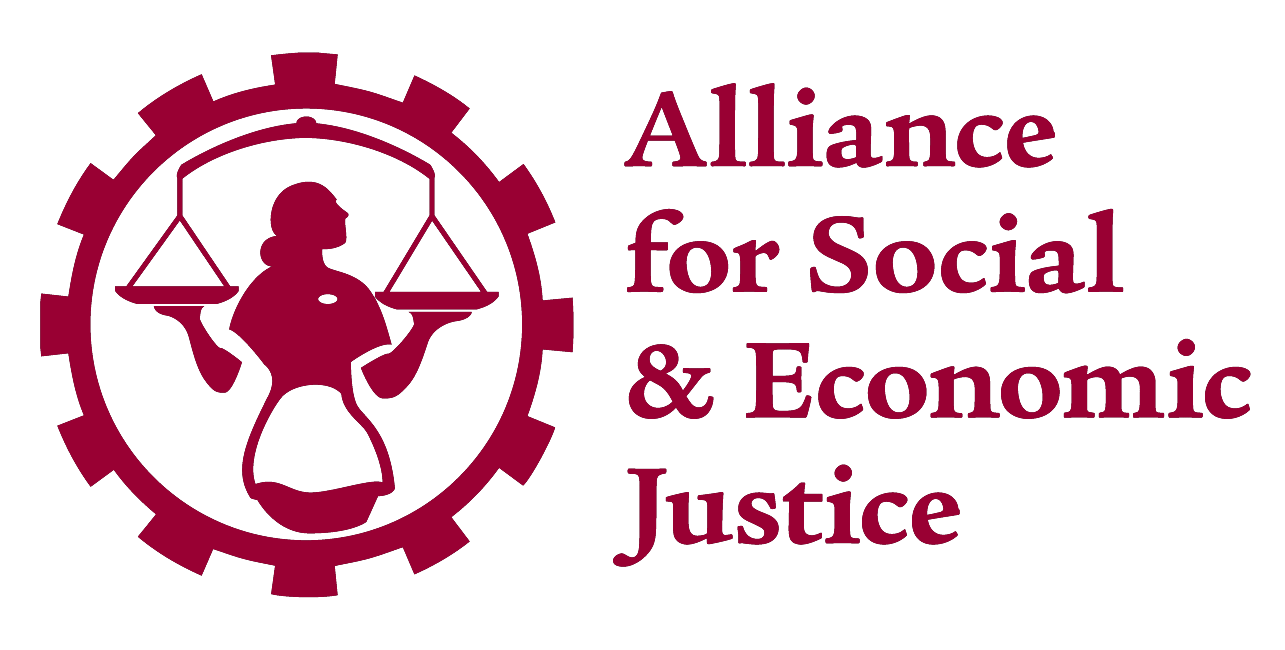To organize and mobilize a Movement with a capital M, we need to develop an educational program that will convince people that collective action can produce change and that a better world is possible. Only by providing a vision for the future will people be inspired to take action.
Towards this goal, the iconic Civil Rights Movement figure Jack O’Dell has initiated a national dialogue on social and economic justice for all. As a discussion document, O’Dell penned the Democracy Charter as a platform to moving forward to “substantive democracy.” He has put this document into the public domain as a vehicle for “grass-roots organizing,” in the tradition developed by the Civil Rights Movement and the United Farm Workers movement, to hold study/discussion groups to develop the potential of cadre and activists, to expand the rank-and-file base and to create the dialogue that builds relationships and unity between organizations so that they get out of the silos of their single-issue campaigns and see the interconnectedness of issues.
The Democracy Charter helps develop a shared vision of a better world of Living Wage Jobs or a Living Income for All, Universal Health Care, Affordable Housing, Quality Public Education, Progressive Taxation of Corporations and the Wealthy, Sustainable Environment, and Peace and Self-determination for all Peoples of the World, regardless of Race, Sex, Sexual Orientation or Identity, or Immigration Status.
O’Dell saw the Democracy Charter as a work in progress that he put in the public domain, an evolving document that is meant to inspire discussion and revisions. The Democracy Charter is not a finished product but a tool to spark continuing discussion.
